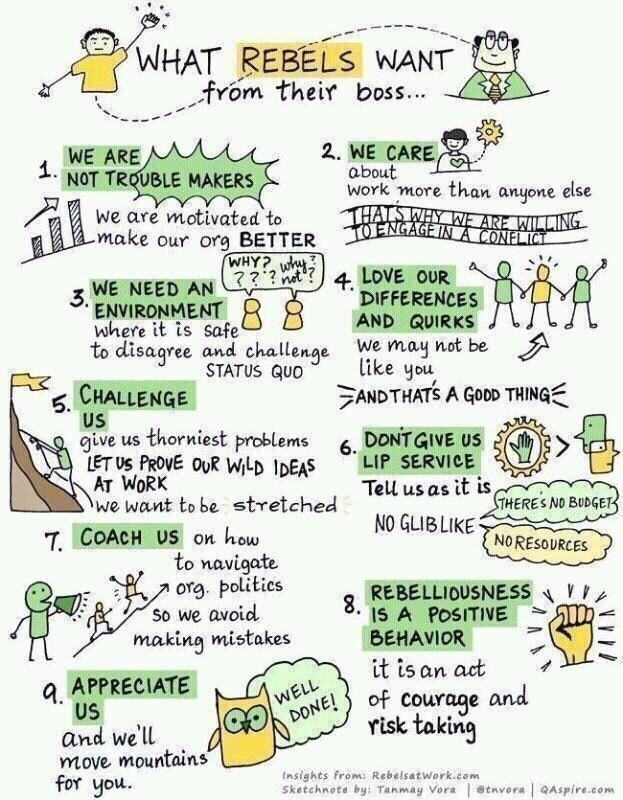The Radical
Centrist: Ira Shapiro, Can the Senate Save Itself and the Country?
Ira Shapiro is the
President of Ira Shapiro Global Strategies, LLC, a consulting firm specializing
in international trade, U.S.-Japan relations, and American politics, which he
founded in 2014. He brings to the firm 40 years of experience in senior
staff positions in the U.S. Senate, the Clinton administration, and private law
practice. He is also the author of the critically acclaimed book,
The Last Great Senate: Courage and Statesmanship in Times of
Crisis, published in 2012. He has just released his newest book:
"Broken - Can the Senate Save Itself and the Country?"
Author of:
- Broken:
Can the Senate Save Itself and the Country?
- The Last
Great Senate: Courage and Statesmanship in Times of Crisis
Ira
Shapiro Global Strategies, LLC
1200 New
Hampshire Avenue, NW, Suite 800
Washington,
DC 20036
Office:
202-419-3412
Mobile:
202-577-5789
ABOUT IRA SHAPIRO
Ira Shapiro is the President of Ira Shapiro
Global Strategies, LLC, a consulting firm specializing in international trade,
U.S.-Japan relations, and American politics, which he founded in 2014. He
brings to the firm 40 years of experience in senior staff positions in the U.S.
Senate, the Clinton administration, and private law practice. He is also
the author of the critically acclaimed book,
The Last Great Senate: Courage and Statesmanship in Times of
Crisis, published in 2012.
Mr. Shapiro came to Washington, D.C., in
October 1975, to work as Legislative Legal Counsel to Senator Gaylord Nelson
(D.-Wisconsin), probably the greatest environmentalist ever to serve in the
Senate. In his 12 years working in the Senate, Mr. Shapiro also worked
for other Senators. He served as Minority Staff Director to the
Governmental Affairs Committee, Staff Director and Chief Counsel to the special
Senate Committee on Official Conduct, counsel to Senator Majority Leader Robert
Byrd, and the first chief of staff for Jay Rockefeller.
During the deep reces sion of the early 1980’s, Mr. Shapiro began to
focus on America’s position in international trade. He became one of a
handful of Senate staffers seeking to define a new U.S. trade and
competitiveness policy, working closely with leaders in business, labor, and
academia concerned about the same issues. When Bill Clinton became
president, Mr. Shapiro became General Counsel to United States Trade
Representative Mickey Kantor in February 1993. As General Counsel, he
played a central role in the negotiation and legislative approval of the North
American Free Trade Agreement (NAFTA) and the multilateral Uruguay Round that
created the World Trade Organization and the current trade rules.
In 1995, President Clinton nominated Mr.
Shapiro for Ambassadorial rank, which the Senate rapidly and unanimously
approved. Ambassador Shapiro served as the principal U.S. trade
negotiator with Japan and Canada, helping to successfully resolve some of the
most contentious bilateral disputes with America’s two leading trading
partners: autos and auto parts, semiconductors and insurance with Japan, and
softwood lumber with Canada.
Mr. Shapiro has experience in dealing with the
European Union, Canada, Mexico and China, but he has focused particularly on
Japan, and U.S-Japan relations. He has 30 years of extensive and diverse
experience in dealing with the Japanese government and business
community. He first worked with Japan as Chief of Staff to Senator
Rockefeller and played a key role in the efforts to save Wheeling Pittsburgh
Steel through a joint venture with Nisshin Steel of Japan. After his work in the Clinton
administration, as many other trade lawyers and consultants shifted their focus
to China, Mr. Shapiro continued to concentrate his work on U.S.-Japan
relations. In September 2012, Mr. Shapiro became the Chairman of the National
Association of Japan-America Societies (NAJAS), the Washington-based
organization that supports the activities of 36 Japan-America Societies around
the country. As Chairman, he speaks frequently about U.S.-Japan
relations and the importance of the Trans-Pacific Partnership (TPP)
negotiations, appearing in Dallas-Ft. Worth, Atlanta, Houston, Philadelphia,
San Diego, Cincinnati, Chicago, Denver, Seattle and San Francisco. On
December 10, 2015, during a celebration of the 70th anniversary of the end of
the War, Japanese Ambassador to the U.S., Ken-Ichiro Sasae, gave Mr. Shapiro
the Foreign Minister’s Commendation, an award from the Japanese Ministry of
Foreign Affairs in recognition of his outstanding achievements in promoting
friendship between Japan and the United States.
Mr. Shapiro is well known in Tokyo, where he
has spoken regularly and been received considerable press coverage. In February
2014, he came to Tokyo at the invitation of the Japan External Trade
Organization (JETRO), and spoke to several leading business organizations,
including Keidanren, the Japan Electronics Association (JEITA), and the Japan
Foreign Trade Council. In September 2013, his remarks at the Japan
National Press Club attracted 45 reporters. Mr. Shapiro’s interviews have
appeared in Asahi Shimbun, Japan Times, Nikkei, and on NHK, where Tokyo’s best
known interviewer, Kaori Iida, interviewed him for 30 minutes.
Mr. Shapiro has considerable experience
working at the intersection of trade and health. From 2001-2003, representing
the Campaign for Tobacco Free Kids, he played a prominent role in the
negotiation of the Framework Convention on Tobacco Control (FCTC), the first
global treaty negotiated under the auspices of the World Health
Organization. He authored an article contending that cigarettes should be
treated as an exception to the normal trade rules, because of their lethal
nature. Most recently, Mr. Shapiro served on a Council on Foreign
Relations task force studying the spread of non-communicable diseases in the
developing world.
Since leaving government, Mr. Shapiro has
practiced international trade law in Washington, D.C., and been a partner in
several major law firms, most recently Greenberg Traurig, LLP. In August
2015, while continuing his own law work, he became a Senior Advisor to the
Albright Stonebridge Group (ASG), a premier consulting firm with
tremendous global reach co-chaired by Madeleine Albright, Sandy Berger and
Carlos Gutierrez. He has specialized in WTO disputes, and played an
important role in the landmark cases brought by the United States against China
for copyright piracy, representing the motion picture, recording and publishing
industries.
Mr. Shapiro has a long history of deep
involvement in Democratic presidential campaigns, and was part of the legal
teams that helped Bill Clinton and Al Gore make their vice presidential
choices. Mr. Shapiro ran an unsuccessful, but widely admired, race for Congress
in Maryland in 2002. A local newspaper described his campaign as the
“antidote to cynicism that he promised to deliver.”
He writes and speaks frequently about U.S.
politics, and particularly the U.S. Senate. After the publication of his
book in 2012, Mr. Shapiro spoke in 19 states, including appearances at four
Presidential Libraries (Kennedy, Ford, Carter and Clinton). His articles
have been published in the New York Times, Bloomberg Review, ccn.com, and local
newspapers in Seattle, Detroit, and Portland, Maine.
Mr. Shapiro graduated from Brandeis
University, magna cum laude with
honors in politics, in 1969, received his Master’s degree in political science
from the University of California at Berkeley in 1970, and his law degree from
the University of Pennsylvania in 1973. Before coming to Washington to
work in the Senate, Mr. Shapiro clerked for a federal district judge in
Philadelphia and practiced law in Chicago.








